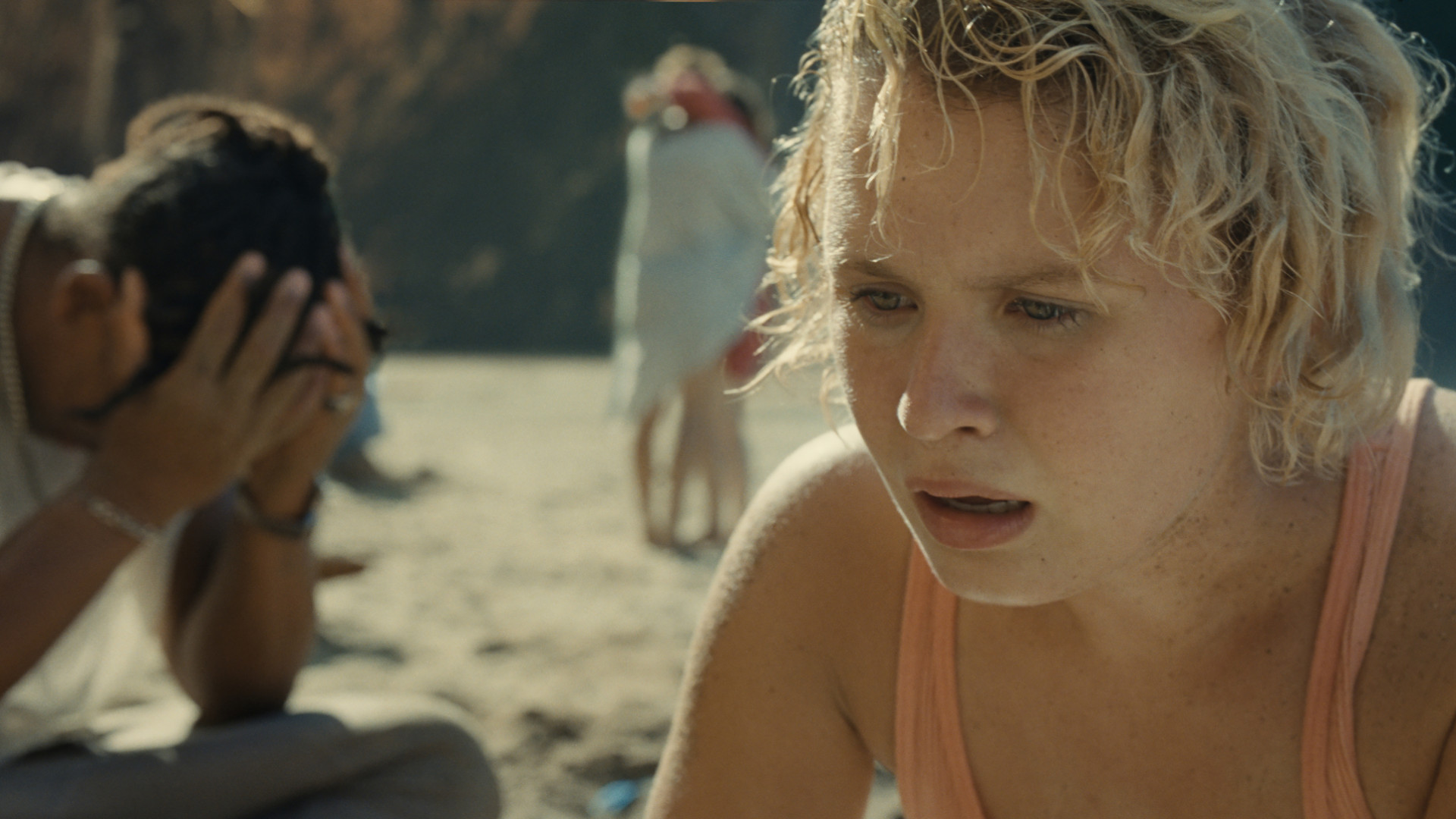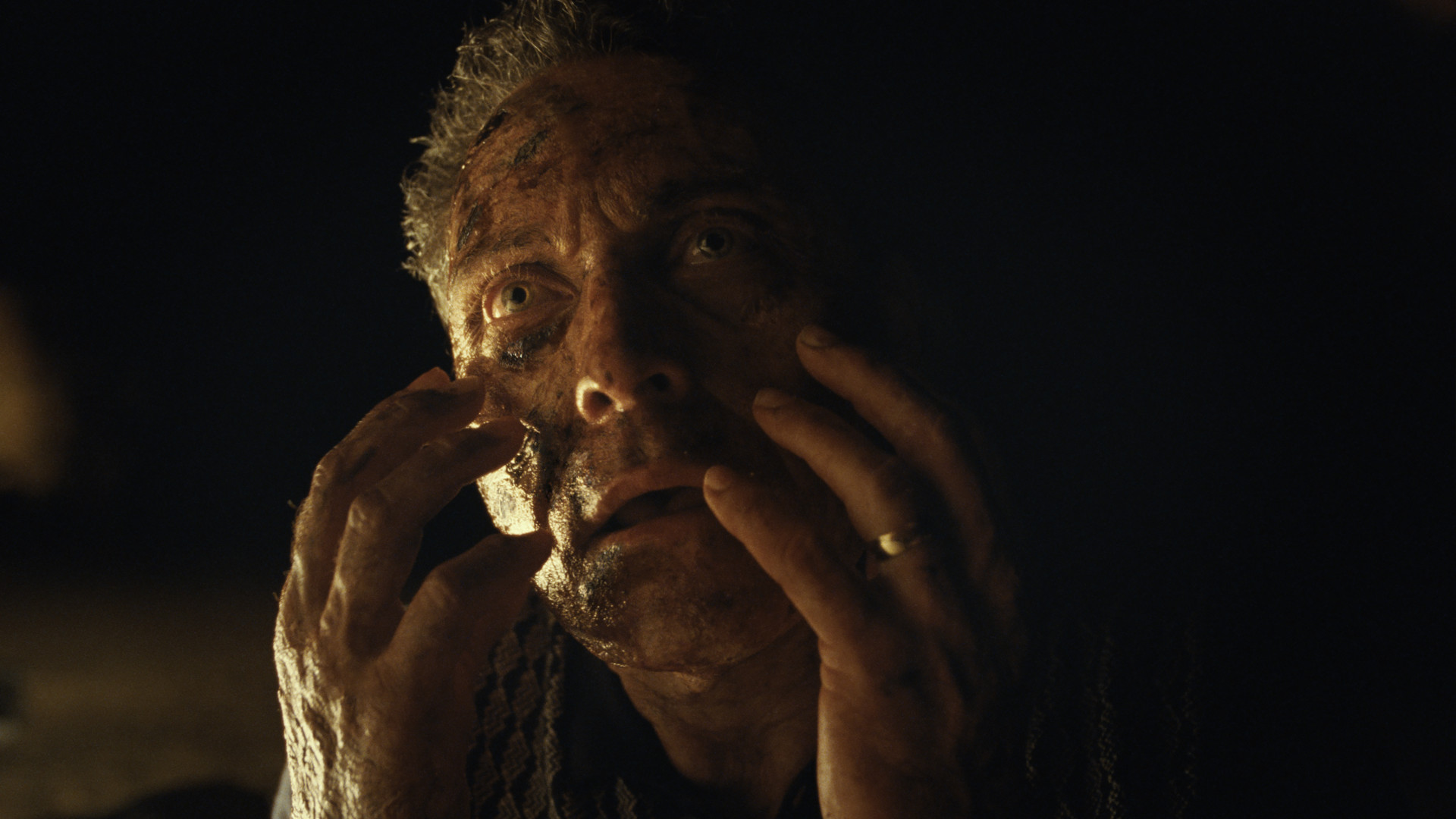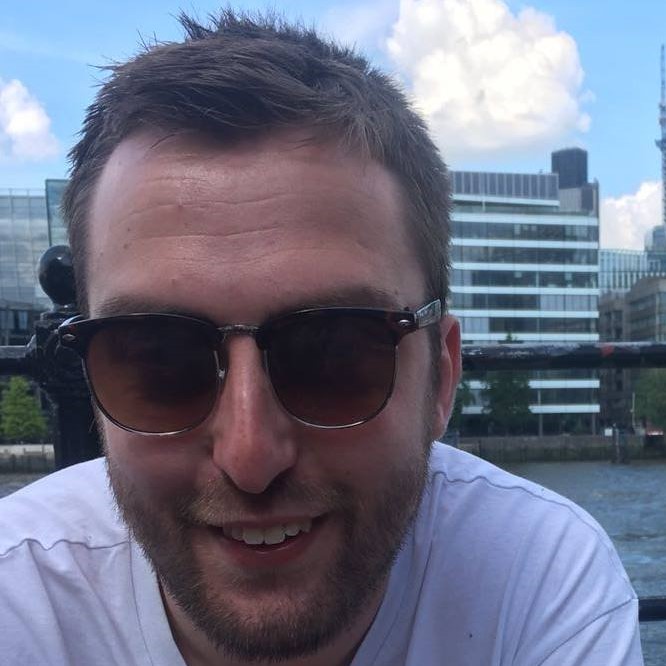Old director M. Night Shyamalan talks "experimental" island mystery that's more Twilight Zone than Lost
Interview: GamesRadar+ speaks to M. Night Shyamalan about taking away the "safety nets" for his compelling drama

Ever since Haley Joel Osment said he could see dead people, it could have been easy for M. Night Shyamalan to rest on his laurels. Yet, there's a reason why – as GamesRadar+ sat down to talk with the director – he is keen to call his new movie Old "experimental." Shyamalan, it seems, is always in pursuit of something new. In an industry filled with franchises and sequels, he continues to be the refreshing antidote.
For over two decades, M. Night Shyamalan has confounded expectations – including a Stuart Little screenplay credit, lest we forget – and continually pushed Hollywood forward with his daring original projects. But, even for The Sixth Sense director, Old is a unique getaway after a year punctuated by shutdowns and lockdowns. The adaptation of graphic novel Sandcastle removes the "safety nets" and is worlds away from M. Night Shyamalan's usual penchant for more urban-focused, gritty environments.
Focusing on a family holiday that goes very, very wrong as a mysterious beach ages up its tourists, anyone who has watched the trailer will know Old continues that potent lineage of the director's blend of magic and mystery – but in its own fresh style. Approaching topics ranging from a unique perspective on avoiding spoilers in trailers to how he challenges himself creatively with each new movie, M. Night Shyamalan continues to be a wealth of knowledge. Anyone even remotely interested in film, from filmmaker to audience member, should pay attention. Simply put: When M. Night Shyamalan speaks, you listen. And listen we did, ahead of Old reaching cinemas on Friday, July 23.
The following interview has been edited for length and clarity.

GamesRadar: Old feels like one of those movies where you need to go in blind to get the full impact. I wonder how you juggled having to put out trailers to entice people while also leaving enough of the mystery out to leave people wanting more?
M. Night Shyamalan: That's a great question. When I talk to young filmmakers, I talk to them about the marketing component of the movie because, in reality, our partners in marketing start telling the story first. That's not a separate thing from what we're doing. For you, the audience member, they start telling the story first.
So, being cognizant about what they're gonna want to sell [and] how they are going to sell it is very important. To have a partnership where there's trust and also say 'Hey, I put these elements in, I'm okay with you telling the audience the setup for the movie – but don't do this, don't do that. Stay away from that whole area.' That's an important part of the relationship.
Sign up for the Total Film Newsletter
Bringing all the latest movie news, features, and reviews to your inbox
With me and Universal, this is our fourth movie now in a row. We do have that trust where I'm calling them and I showed them the screenplay before I [shot] and I said 'I think you're going to want to set this up.'
The beach setting feels like a real departure from some of your other works. I also feel like this is one of your more experimental films too. Was that setting particularly freeing for you as a filmmaker?
It did. I'm so glad you said that word: 'experimental.' I'm going to interpret that as mine and [cinematographer] Mikey [Gioulakis]' affinity for Australian New Wave movies that inspired us for this movie.
He and I loved the movie Walkabout, and we love Picnic at Hanging Rock, and then a bunch of other movies of that era. But they're all kind of experimental. That's the new wave part of it – conversations about nature. That's what those movies were about.
Bringing that feeling to the beach was important to us and new for audiences to see the use of film and zooms and camera movements that are taking in nature as things are happening to the characters, but we're not focusing on it. So, it did feel free and it did feel different. I want each time [to have] a kind of a new language. As I'm starting to write the new movie, in my mind it hasn't got there yet. But I want it to have its own language separate from Old and separate from Unbreakable.
Hopefully each time out, there's something new and inspiring from cinema, from the great masters that have come before us to show all these wonderful ways of thinking about storytelling.
For many, they'll see a mystery on an island – especially with Ken Leung involved – and they might conjure up images of Lost. Obviously this is based on the graphic novel Sandcastle, but I wonder if there were any other points of reference or influences seeping in while making the film?
[Russian director Andrei] Tarkovsky was a big one. You might see that in the kind of slow dolly movements, there's like a ping pong, the dolly move shot that's methodical like a metronome as you're seeing the family interact.
That was from the hypnotic long shots that Tarkovsky did, so the kind of cinema that American audiences aren't necessarily familiar with but they're definitely influencing a generation of filmmakers like myself and we interpret their brilliance.
Another thing that I thought influenced me was The Twilight Zone. When I read the graphic novel, I thought 'Oh, this is a long form Twilight Zone.' That minimalism and containment that Twilight Zones had and making you think nightmarishly about things – love it, love it, love it.

Old is about growing up and growing old. For you as a filmmaker and a storyteller, how have you evolved? Going back to The Sixth Sense, do you think you have a greater mastery over your ability to tell a story?
It's almost a flip of your question, the answer about growth. Ironically, that's not how it works for artists.
if you see a singer-songwriter, and they are in their early 20s, they wrote all these incredible songs that changed our lives. But at 48, they can't seem to do that. What is that? That's a combination of instinct being kind of muted by experience and our inherent need to protect ourselves.
So ironically, it's how do I become a beginner? The whole thing is 'how do I take away the safety nets'? How do I not do things in a way that's comfortable? Who can I put with me that makes me think new again?
You have to hear true vulnerability in the voice of the artists, that they're seeing this for the first time. So, in the middle of your career, 20 years into your career, you have to figure out ways to be completely new and a student again.
The actors have a unique challenge where they have to be extremely subtle, aging up from scene to scene or playing off a younger actor. How did they approach that? And what advice did you give them as a director?
So everybody knew their age in every scene; they had a chart that they were given. If they wanted to, they could know, 'Oh, I'm 27, or 29' or whatever it is at that moment.
All I said to them was you have to hold the amount of horrific things that are happening to you on this beach in a kind of sequence, so you can't let go of anything.
Because that's the trickiest part of the movie: the person next to you is having a heart attack during an alien invasion. It's not just an alien invasion and a heart attack, the house is on fire … you have to hold all of these things all the time. And I say it's gonna be very tricky, because your instinct will be just to focus in on the heart attack, the thing that's happening, but you have to do that withholding all of these other things.
That ability will be affected by how old you are and how you're taking in things. I want to see this change – I don't want to say grace – but a kind of broadening of your thinking as you get older.
I'm the Senior Entertainment Writer here at GamesRadar+, focusing on news, features, and interviews with some of the biggest names in film and TV. On-site, you'll find me marveling at Marvel and providing analysis and room temperature takes on the newest films, Star Wars and, of course, anime. Outside of GR, I love getting lost in a good 100-hour JRPG, Warzone, and kicking back on the (virtual) field with Football Manager. My work has also been featured in OPM, FourFourTwo, and Game Revolution.



